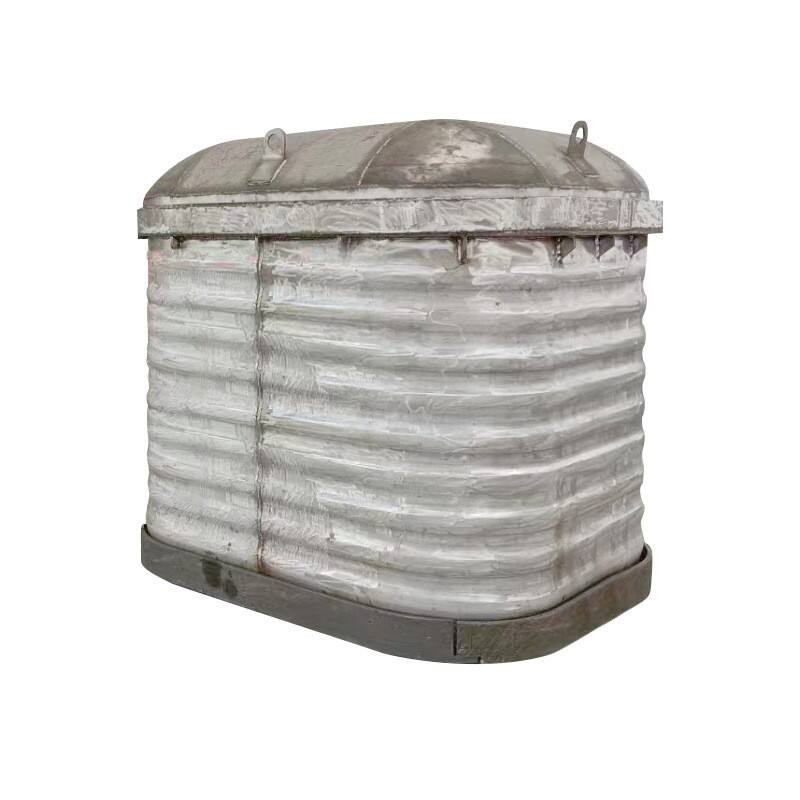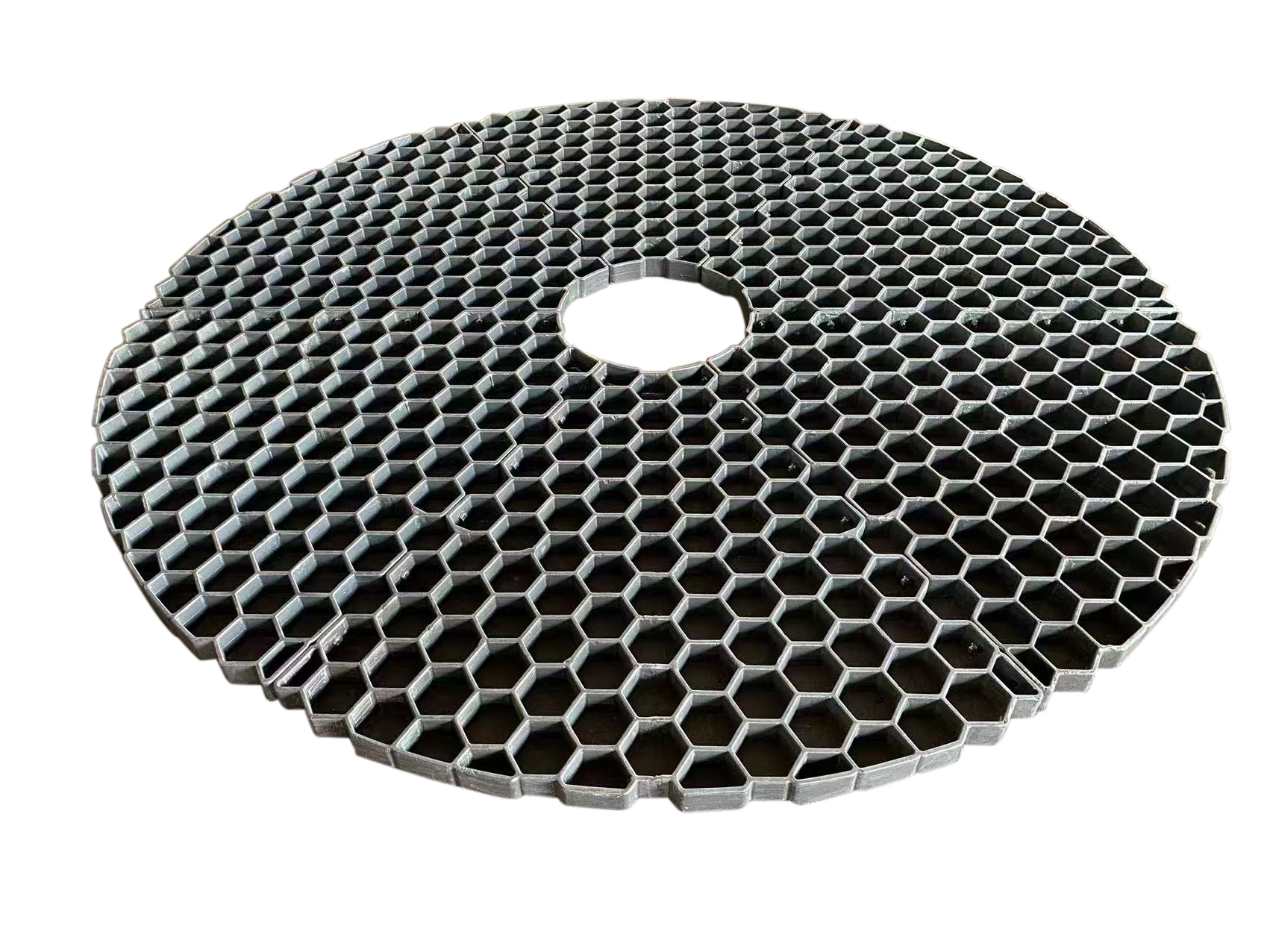alloy steel price
Alloy steel price represents a crucial factor in industrial manufacturing and construction sectors, reflecting the complex interplay of material composition, market demands, and production costs. This specialized steel, enhanced with various elements like chromium, nickel, molybdenum, and manganese, commands different price points based on its specific formulation and intended application. The pricing structure typically considers factors such as raw material costs, energy expenses, manufacturing processes, and global market conditions. Modern alloy steel production techniques have evolved to optimize cost-efficiency while maintaining superior mechanical properties, including enhanced strength, durability, and corrosion resistance. The price variations also reflect the grade and quality of the alloy steel, with higher-grade materials featuring more precise composition control and superior performance characteristics commanding premium prices. The global alloy steel market demonstrates dynamic pricing patterns influenced by factors such as industrial demand, international trade policies, and technological advancements in manufacturing processes. Understanding these price dynamics is essential for manufacturers, contractors, and buyers to make informed decisions and maintain competitive advantages in their respective markets.

